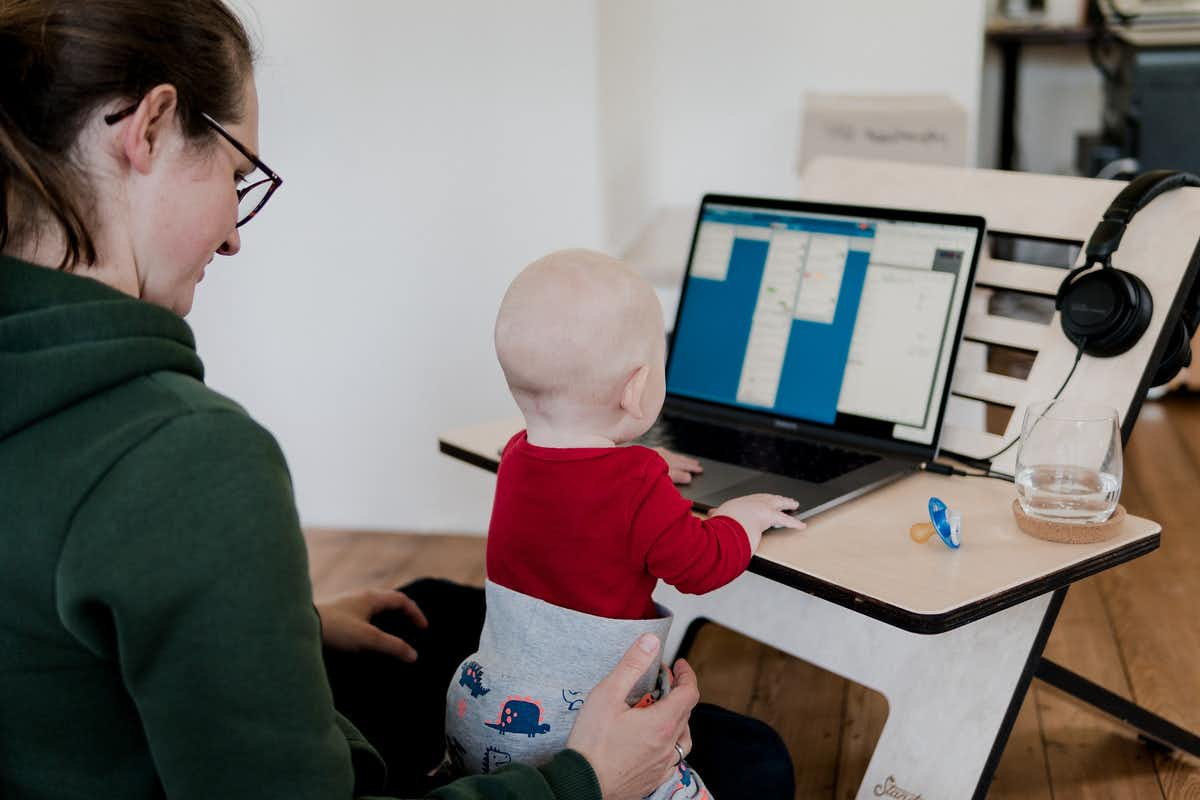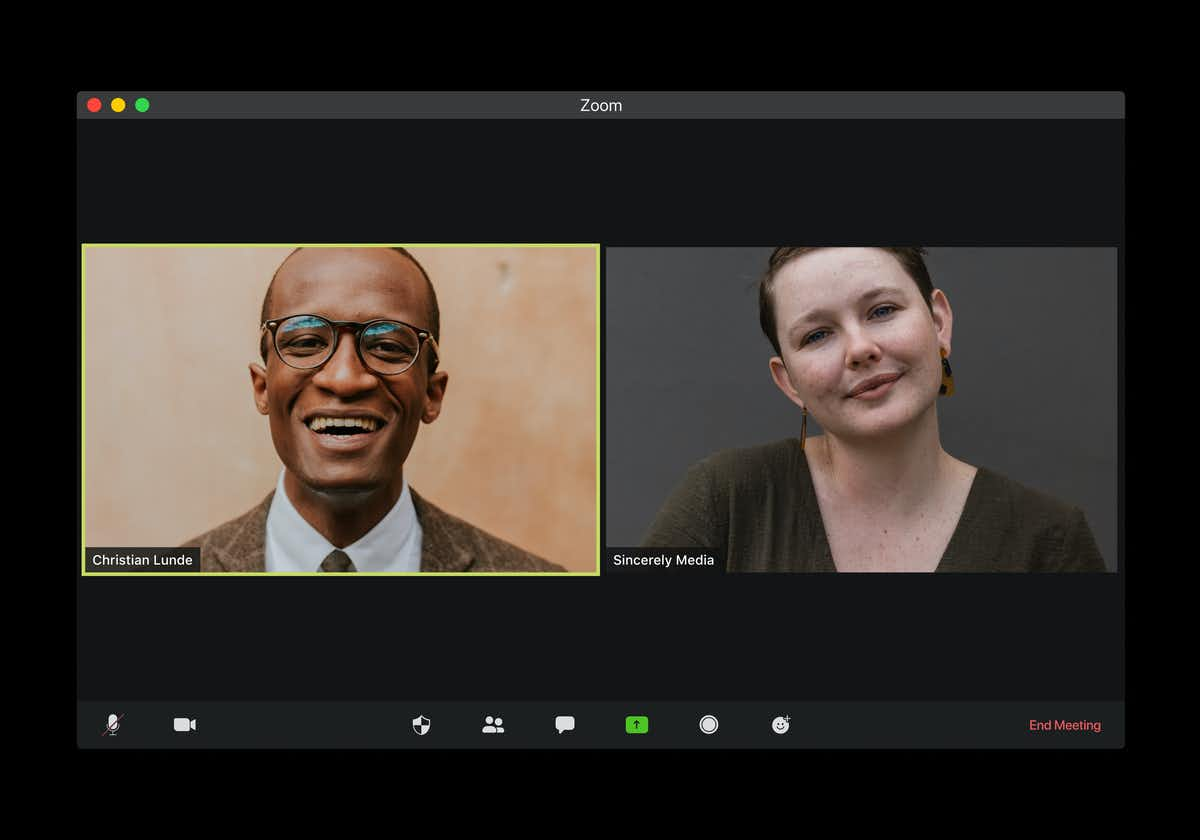Remote work requires us to reconsider how to evaluate and pay employees

Professional services employee evaluation, compensation schemes don’t work when WFH, says Erica Pimentel, CPA, CA
MONTREAL – Remote work is about more than just working from home — it means working differently. Because working from home may become much more prevalent even after the COVID-19 pandemic has passed, it’s time to adapt employee evaluation and compensation schemes to address the new reality.
Performance evaluation systems have a long history, dating back to the United States military’s rating system during the First World War.
Since then, profit-driven employers have implemented employee assessments with the ultimate goal of aligning worker motivation with organizational objectives. Decades of research have tried to map out best practices in this area.
Social environment is key
While these studies have not been conclusive, many of them suggest that for a system to be effective, it needs to consider the social environment where work takes place, and it must be perceived as fair, both in design and application.
 |
The work environment has drastically changed for many people who now work from home. (Piqsels) |
But existing evaluation processes weren’t designed for the virtual workplace. Now that work is being done differently, organizations need to rethink the types of behaviours that are being rewarded.
For instance, many professional service firms evaluate employees against target utilization rates, or the number of billable hours logged in a 40-hour work week. While this aligns employee goals (maximizing billable hours) to the objectives of a law firm, to name just one example, it places the emphasis on how much work an employee is doing over the quality of work they produce. That’s a vestige of face time culture that was popular in physical workplaces.
A recent survey by Deloitte reports that 28 per cent of organizations award performance rewards based on the achievement of team metrics. Yet the 2018 State of Remote Work survey found that loneliness is a major challenge when working remotely.
This means that employees are being evaluated based on team performance even when they feel disconnected from that very team. This raises questions about whether evaluating employees based on team metrics is motivating in the current work-from-home landscape.
What does good work look like now?
Organizations should instead reconsider the appropriateness of their performance appraisal procedures in light of the shift to remote work. This requires a fundamental rethinking of what organizations expect from employees and what companies would look for in a model employee in a remote work context.
It’s likely that the “first to arrive and last to leave” mentality is no longer relevant, but should be replaced by a regard for the quality of an employee’s contribution to the organization more broadly.
This means that work should be measured in terms of the quality of the work, not just the quality of the process (like, for instance, the number of hours worked). Because remote work is largely unobservable to supervisors, employers need to think about how they can objectively measure the quality of work in a way that is consistent for employees of similar rank. This means thinking broadly about what good work looks like.
 |
Work should be measured now in terms of quality, not how many hours are put in. (Unsplash) |
Focusing on output alone can have the unintended consequence of pushing employees to cut corners or be uncivil in how work gets done. Employers should think instead about the values and soft skills they want to emphasize in a remote work environment. Qualities like flexibility and the ability to work under minimal supervision might become critical.
Much has been written about the importance of timely feedback. In the context of a global pandemic, firms may want to provide additional support to employees by providing more frequent communication. This allows managers to both keep an eye on struggling employees and provide ongoing feedback on how employees are adapting to their new work environment.
Compensation also needs to be revisited
The purpose of performance evaluation is ultimately to determine how to reward employees for their work. This means that pay structures need to adapt to the reality of working from home. However, organizations also need to be honest with employees about the financial impact of COVID-19 on their bottom lines in terms of salaries and bonuses.
For organizations that have struggled to keep the lights on due to the pandemic, this might mean thinking of non-financial ways to reward employees, like unpaid time off or flexible work schedules. Employers can also consider how to bundle different types of compensation to help employees cope with their unique situations.
Nonetheless, not every organization has suffered during the pandemic. For instance, some of the world’s largest accounting firms have reported record profits this year while implementing layoffs and work-reduction schemes across.
Companies cannot claim to have empty coffers when headlines point to the contrary. This will only breed resentment and erode employee morale.
Bringing the office home
For most employees, working remotely has required at least some investment in a home office.
While there has been some discussion about allowing employees to deduct the costs of maintaining a home office on their tax returns, a more equitable solution would be to provide employees with a stipend to cover their expenses.
Altogether, remote work is shifting how we communicate and behave at work. It’s time we rethink compensation and evaluation structures that were designed for an entirely different type of workplace.
Erica Pimentel, CPA, CA, is a doctoral candidate in accounting and a Concordia Public Scholar at Concordia University in Montreal. Top photo by Vlada Karpovich from Pexels.











(0) Comments